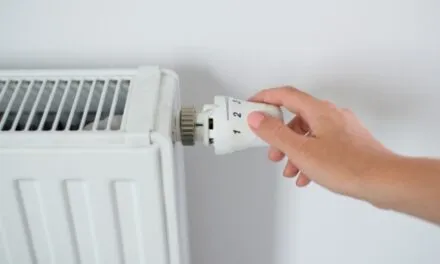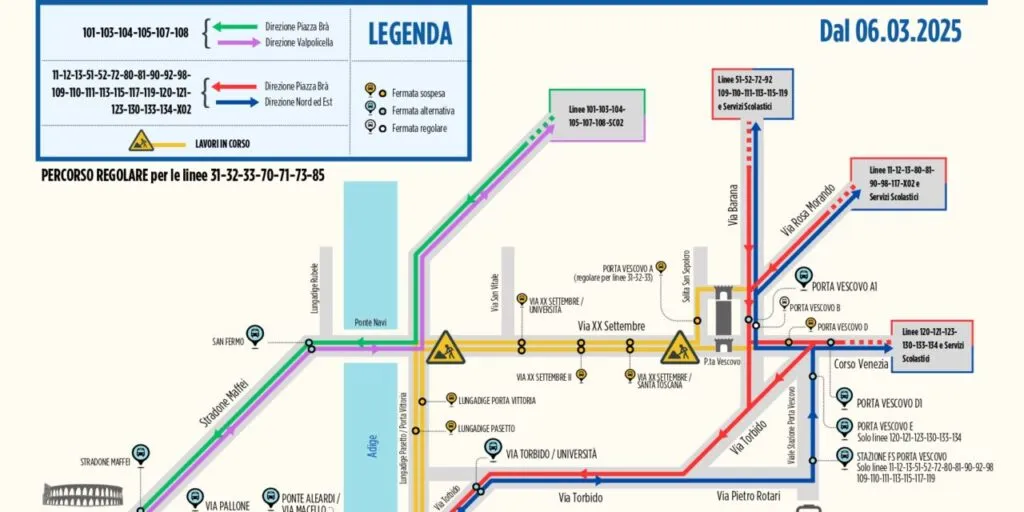Federmoda-Confcommercio Verona and Mantova announced during an information conference the new rules for physical stores and online retailers that safeguard consumers
End-of-season sales in Italy begin again, like they do every year. However, in 2023, there will be modifications that accord with the European Union’s “Omnibus Directive” that our country has transposed and that update the Italian Consumer Code. The reforms affect not only the fashion industry, but all sales activities, except for agricultural and perishable food products.
The regulations have been in effect since July 1, but the full results will be evident with the start of the sales season, which will begin next July 6 rather than the traditional first Saturday of the month and will extend in Veneto until August 31. Among the latest developments is the presence of online businesses, which, for the first time, will be treated by the code in the same way as offline stores. All stores will be required to show not only the discount and final cost for each good but also the lowest price applied in the previous thirty days. This will avoid the practice of raising prices before sales and will allow for better transparency.
Another innovation involves dual quality; it is now illegal to sell products that have the same brand and packaging but have distinct qualities. Indeed, there is mention of dual quality when selling products with significantly varied features yet marketed as equal in two or more EU countries.
The fines
Sanctions have also been increased as part of the revisions. Administrative fines range from €516 to €3,098, and minimum sanctions range from €5,000 to €10 million for unfair commercial behavior. The latter mostly affect big companies, which could previously be sanctioned by Agcom (the Authority for Competition and the Market) up to a maximum of 5 million euros; with the new legislation, the ceiling has been raised to double.
The new restrictions are seen as an opportunity for smaller enterprises as their larger competitors must adapt to the transparency rules.
But what are the behaviors that result in the sanction? First and foremost, when the displayed product tags do not specify the starting price, discount, or final price, or when the mandatory information are not clearly visible. However, fines are also imposed for sales that occur outside of the period, for the failure to separate reduced products from those sold at full price, and for misleading advertising.
Some sales information you should keep in mind
To begin with, it is always a good idea to keep the receipt. If a purchased good is defective, you have the right to a replacement by making a request within two months, even if the item is on sale. If an exchange is not possible, the customer is entitled to a refund.
Furthermore, the products must be out of season. It is not recommended to shop at stores where products on sale fill the shelves; the sales period is intended to empty warehouses of remaining goods, and it is highly unlikely that a point of sale can introduce an end of season item in all sizes and/or colors.
Finally, at any time of year, the merchant is required to accept electronic forms of payment such as cards and ATMs without extra costs.














